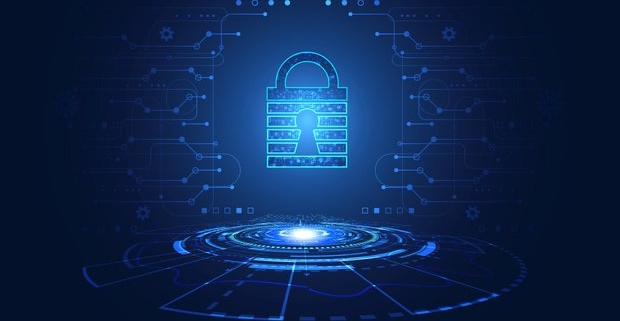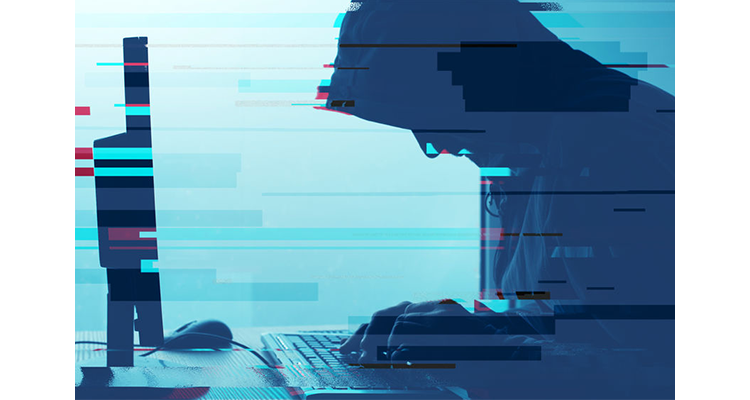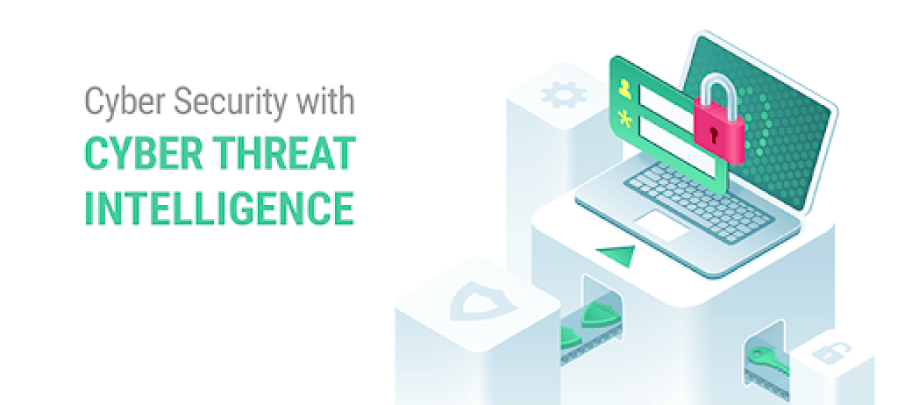How to keep HR data safe from cybercrime
 Perhaps the first and most important thing to say is that you can mitigate the risk of data breaches significantly but simply limiting who has access to data.
Perhaps the first and most important thing to say is that you can mitigate the risk of data breaches significantly but simply limiting who has access to data.The COVID-19 pandemic has caused a significant amount of upheaval for HR professionals. In these unprecedented times there have been complicated issues including staff being furloughed, remote working becoming increasingly common, and significant changes in the way that staff work.
The people in the business form its backbone, and HR professionals have been facing a balancing act of looking after the needs of the individuals across the company, and ensuring that the organization runs efficiently.
Related: Talent, spending and cybersecurity are top issues for executives in Q3
Amongst all of these issues, there is the problem of cybercrime. Through the pandemic, cybercrime has been growing at an alarming rate. It could be assumed that this is a problem for the IT department, but in fact all elements of the business need to take it seriously. When you consider that HR staff deal with highly sensitive personal data, it is absolutely essential that they know how to keep it secure.
Why it is important to secure HR data
Facing a hack in any part of your business can be a huge challenge for any company, but in HR it can cause extremely serious trouble. If your HR department is breached, it can do irreparable damage to both the company as a whole and to the lives of the employees. HR data encompasses some of the most sensitive information that the company has on file.
This includes everything from addresses and contact details to bank account details and more. Europe’s GDPR and other data privacy laws are very strict about personal data too – so failing to keep employee data secure can actually result in your business being significantly fined. This means that you must take steps to keep your data safe.
Limit access
Perhaps the first and most important thing to say is that you can mitigate the risk of data breaches significantly but simply limiting who has access to data. If all members have staff have access on your system to all of the company’s HR data, then if any of them are breached, the cybercriminals can have…


